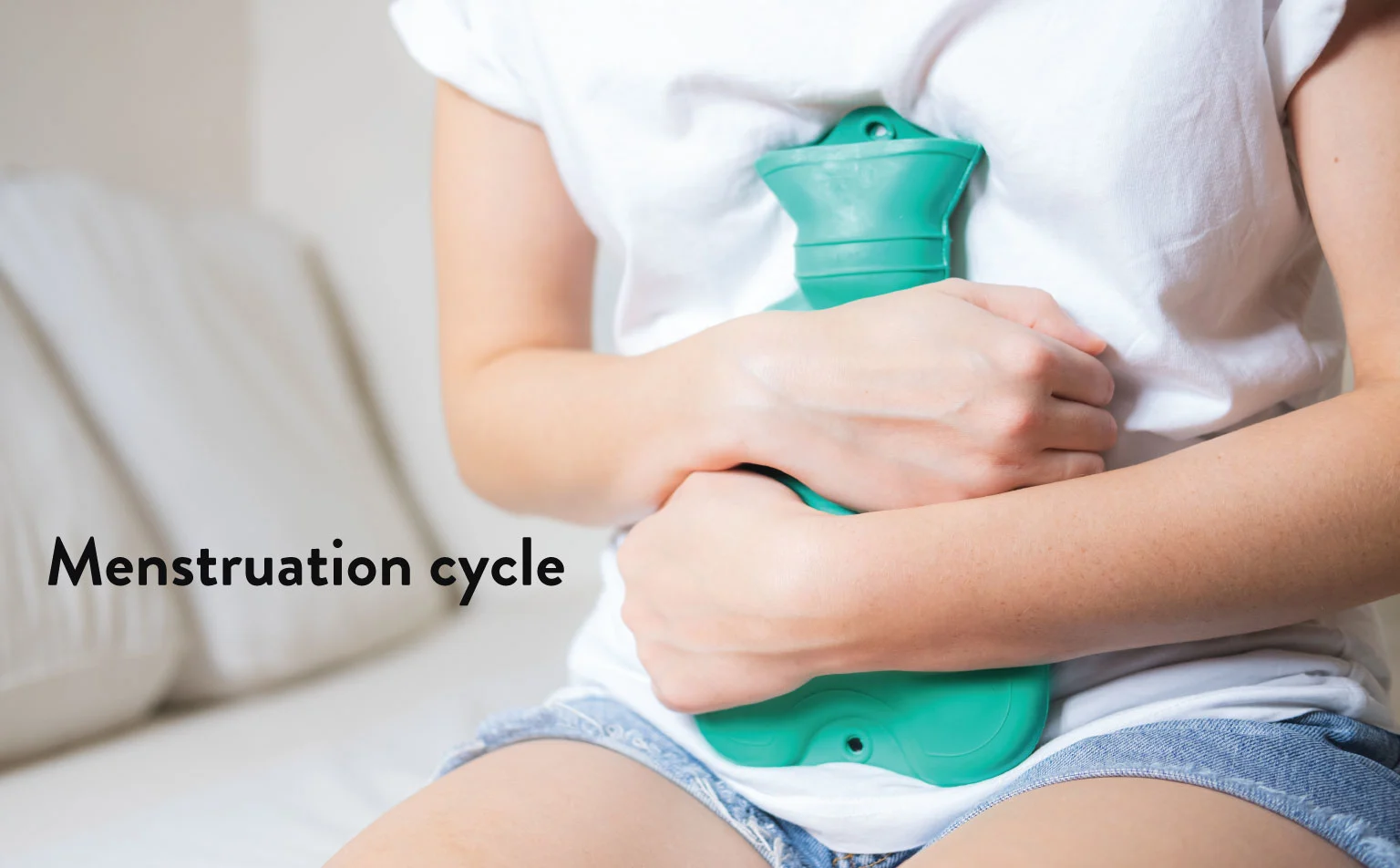The menstruation cycle is a monthly process that prepares the female body for pregnancy. It typically lasts around 28 days, but it can range from 21 to 35 days. The cycle is divided into four main phases:
-
Menstrual Phase: This is when menstruation occurs. The lining of the uterus sheds, resulting in bleeding for 3-7 days.
-
Follicular Phase: This phase starts on the first day of menstruation and ends when ovulation occurs. The pituitary gland releases hormones that stimulate the ovaries to produce follicles, each containing an egg. One follicle becomes dominant.
-
Ovulation Phase: Around the middle of the cycle, a mature egg is released from the dominant follicle into the fallopian tube, ready for fertilization. This is the most fertile time.
-
Luteal Phase: After ovulation, the ruptured follicle becomes the corpus luteum, which releases progesterone to thicken the uterine lining for a potential pregnancy. If pregnancy does not occur, the corpus luteum dissolves, leading to a drop in hormone levels and the beginning of the next menstrual period.
The menstrual cycle is regulated by hormonal changes, and irregularities can indicate underlying health issues.
